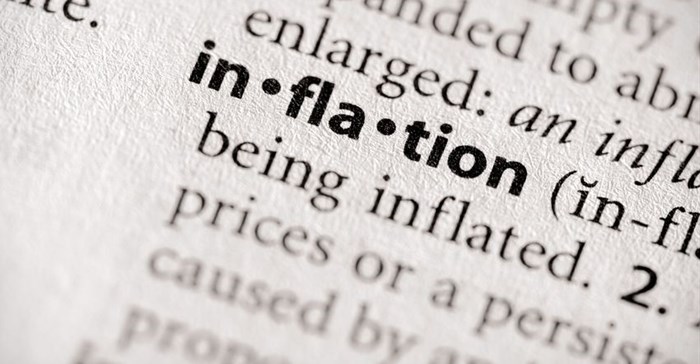The rand has firmed, the oil price is broadly flat and grain prices are levelling off, so the South African Reserve Bank (SARB) is unlikely to raise interest rates again this cycle.
Inflation has surprised the market
This is according to Rian le Roux, chief economist at Old Mutual Investment Group, who says that this view is based on the fact that inflation has mostly surprised the market on the downside in recent months.
The peak in inflation towards the end of the year is now likely to be lower than previously thought and forecasts still point to inflation drifting back into target in 2017.
Rebound in GDP
“While a technical recession in South Africa is unlikely, as incoming data for Q2 points to a fairly decent rebound in GDP after the Q1 contraction, the economy is still weak enough that the SARB will stay on hold” says Le Roux.
“In addition, the ZAR has firmed up a lot since the last Reserve Bank meeting – from just under R16/$ to R14,35 now, inflation has surprised on the downside and forward looking inflation outcomes have improved.”
The latest CPI by Statistics SA released this week showed inflation edging up from 6,1% in May to 6,3% in June. However, Le Roux points out that this was widely expected and is unlikely to influence the SARB’s decision on an interest rate hike.
Prudent and responsible manner
Graham Tucker, Old Mutual balanced fund manager, agrees that based on current developments, further rate hikes are unlikely at this stage. He adds that the SARB’s past decisions have been successful in keeping inflation under control, but that further rate hikes would put additional pressure on growth and consumers in terms of their ability to service their debt.
Reviewing the past 24 months of rate hikes, Tucker says that the SARB has increased interest rates in a prudent and responsible manner. “This could not have been an easy course of action given the poor data and events of the last year, but we believe the actions were positive from the perspective of instilling confidence and demonstrating institutional independence.”
Interest hike not necessarily negative
Despite the fact that further rate hikes aren’t expected in the foreseeable future, Tucker believes that another rate hike, would not necessarily have negative implications for the economy.
“While South African bonds and cash currently offer good returns, a rate hike at this time would make South Africa even more attractive to foreign investors seeking additional return in this low yield and return world.”
“This could result in the rand strengthening further, which would ease pressure on the petrol price, the cost of imported goods and the inflation rate. Investments dependent on a weaker currency would remain negatively impacted, however, the local bond market would be expected to perform.”
Global and local factors
Tucker and le Roux point out that it is still too early to start focusing on possible rate cuts as the Monetary Policy Committee would need to see inflation moving sharply and sustainably lower in order to commence with the cutting cycle.
From a macro-economic perspective, Le Roux says that the SARB will review and take into account global and local factors when determining their rate decision, with the inflation outlook being the primary focus.


















































